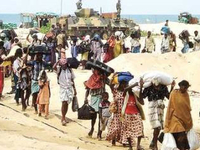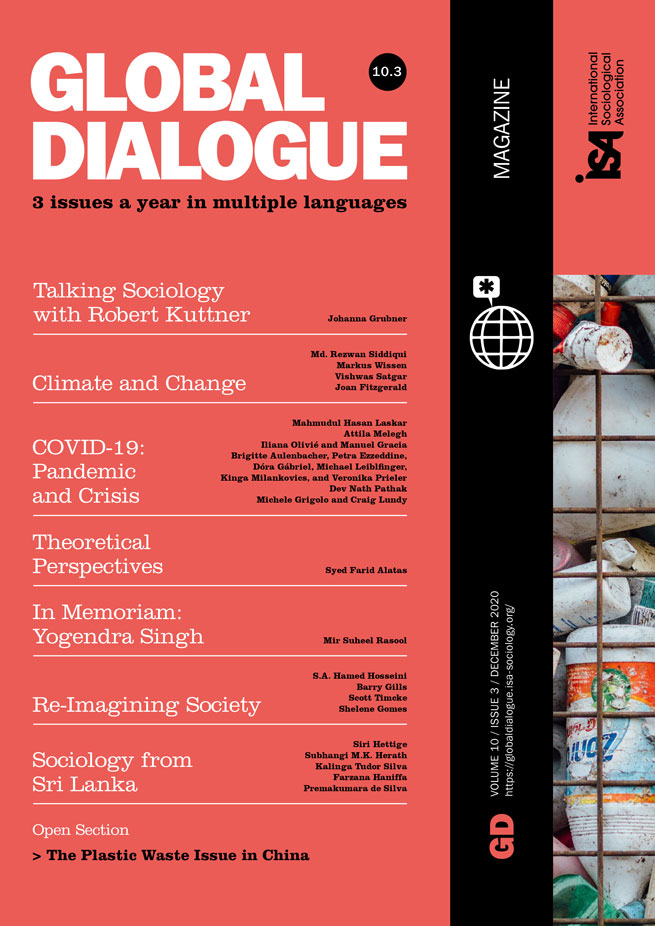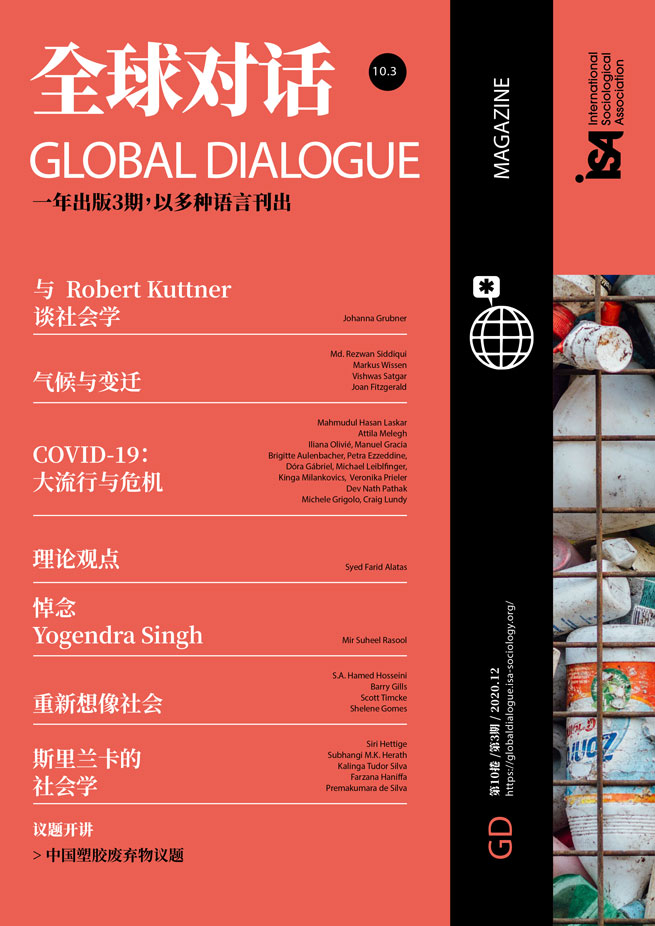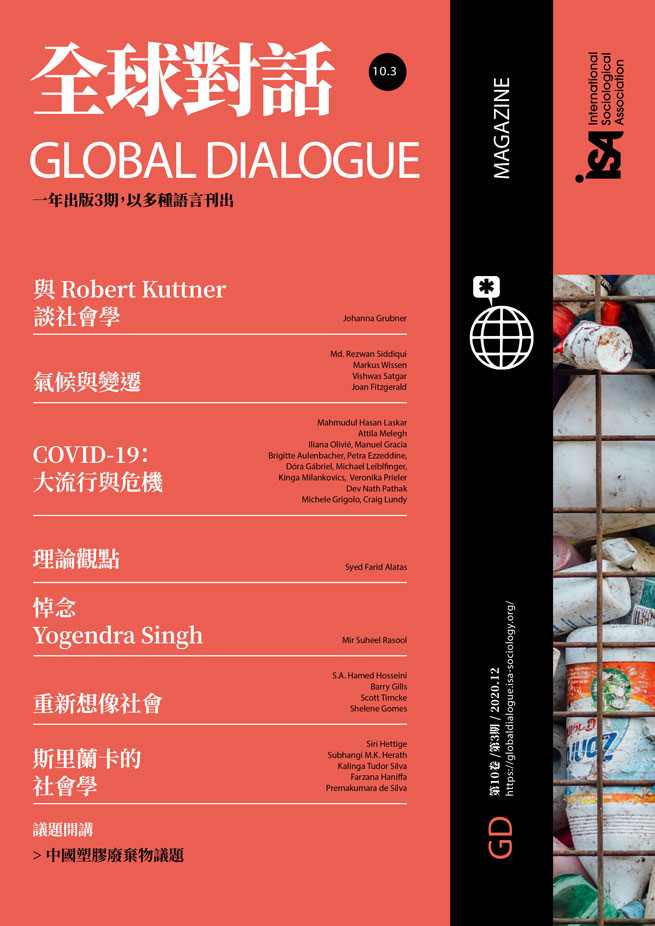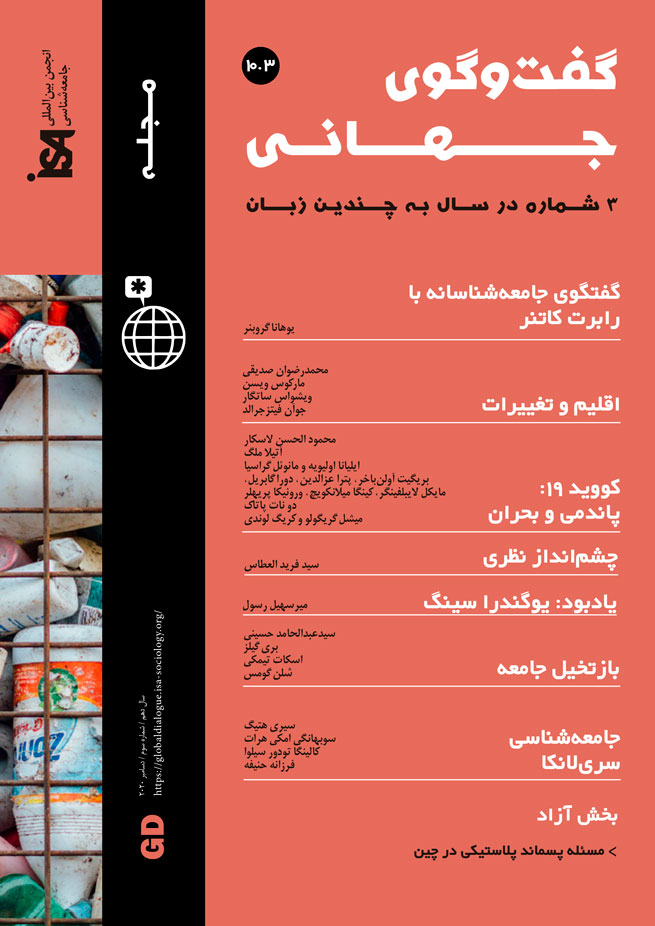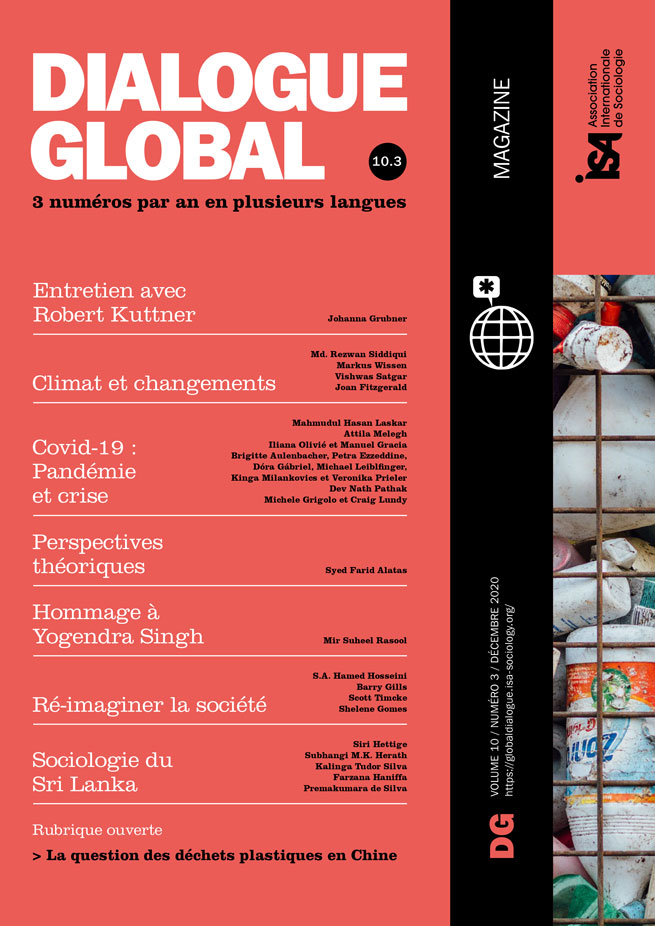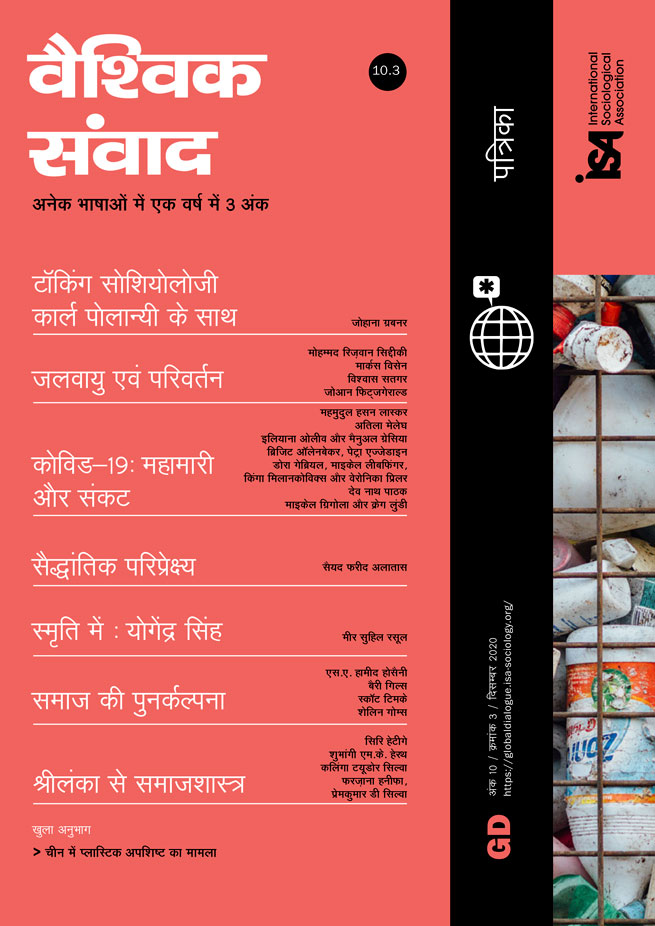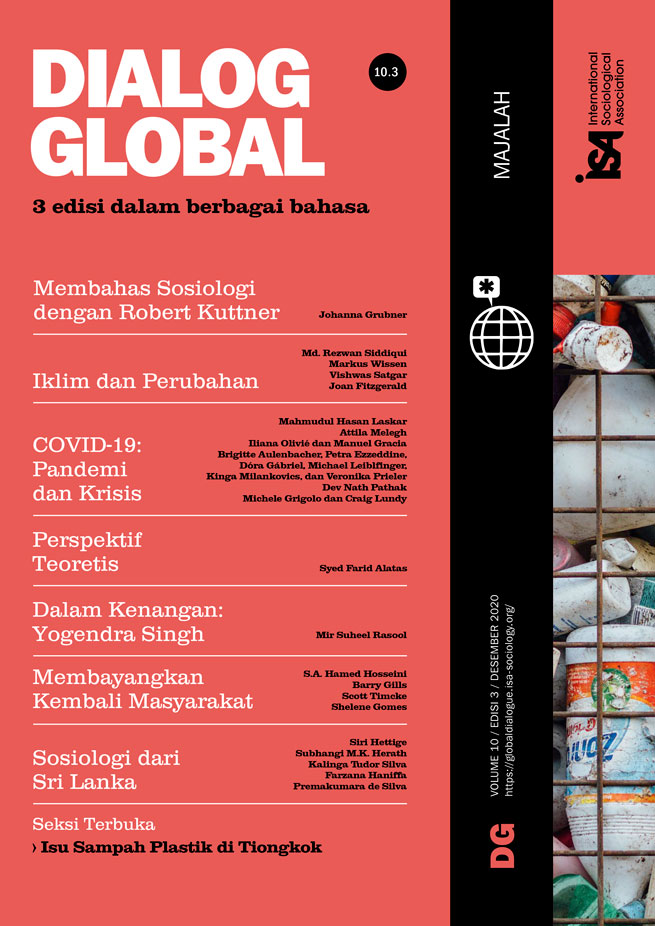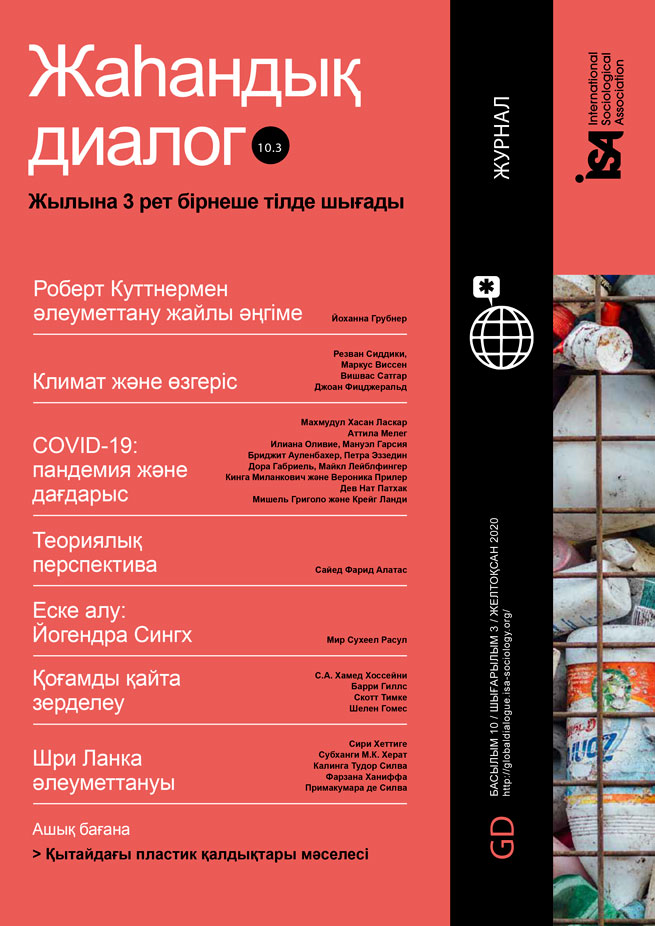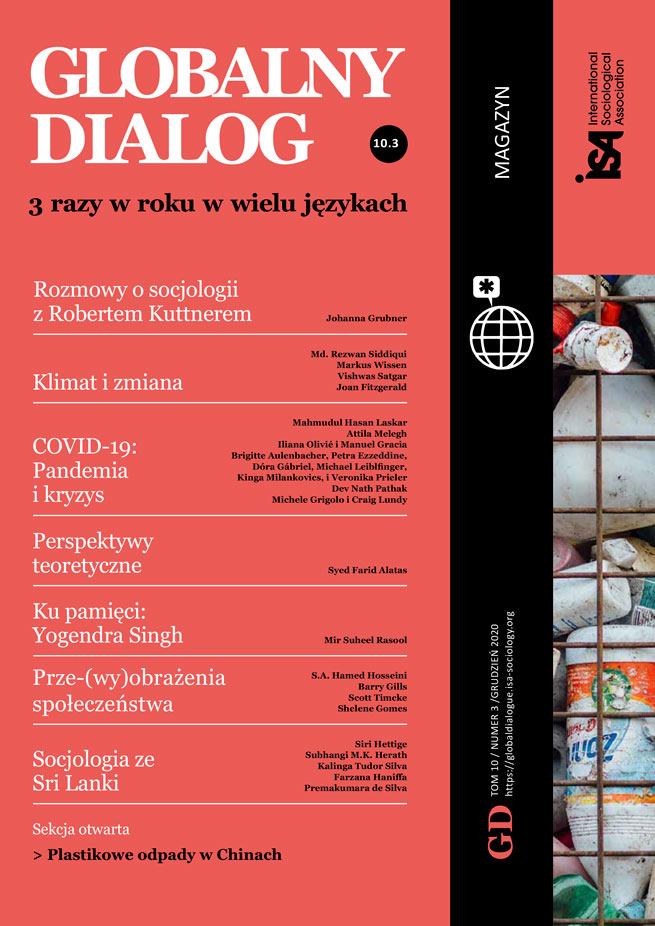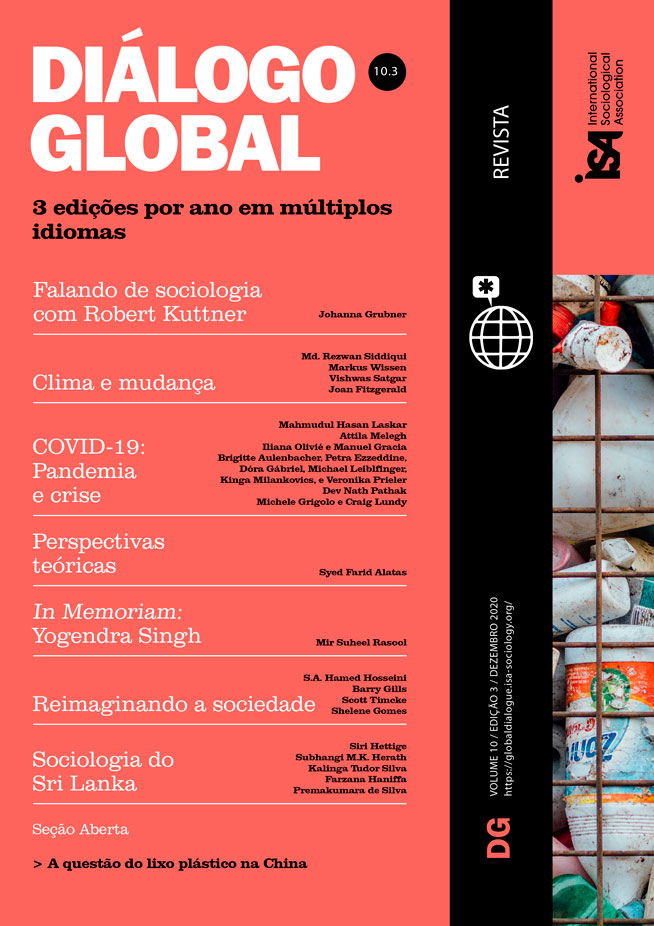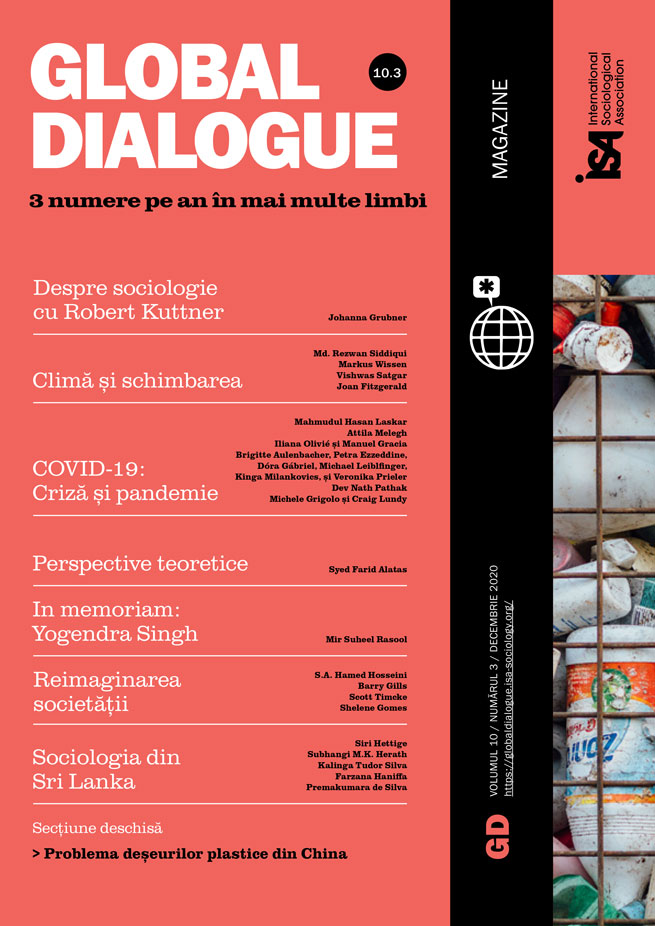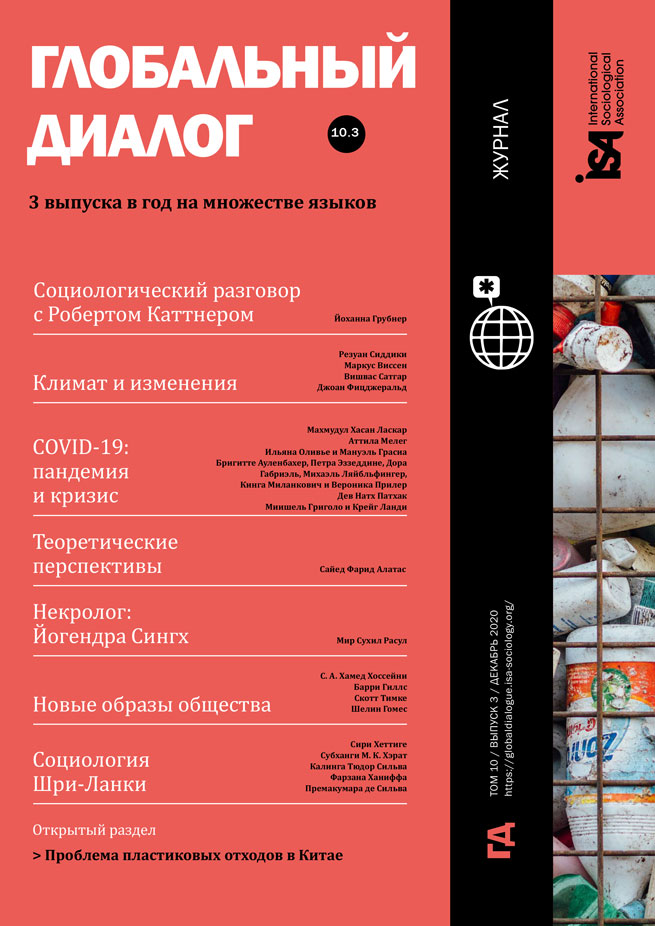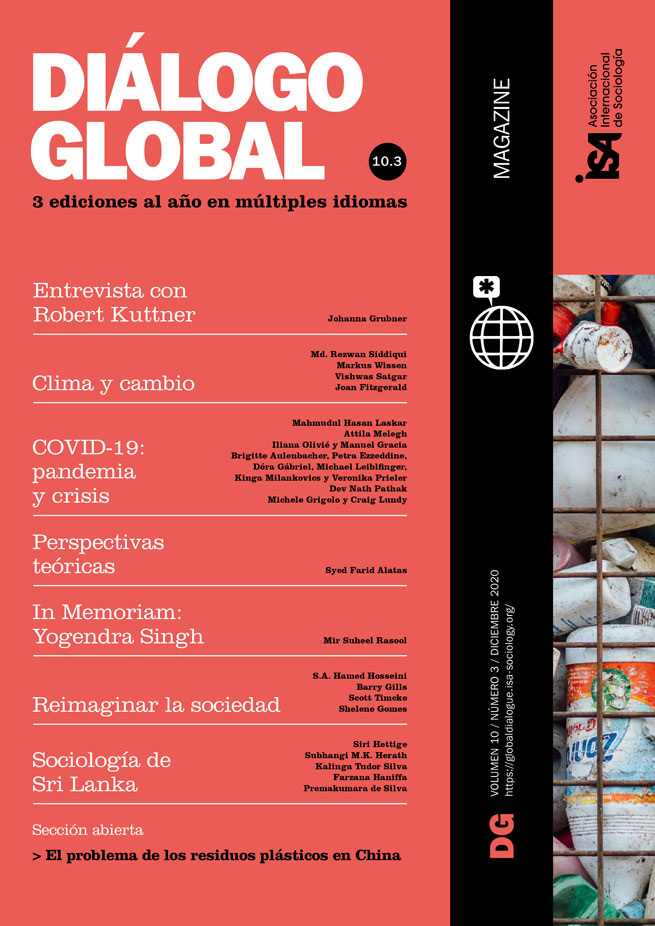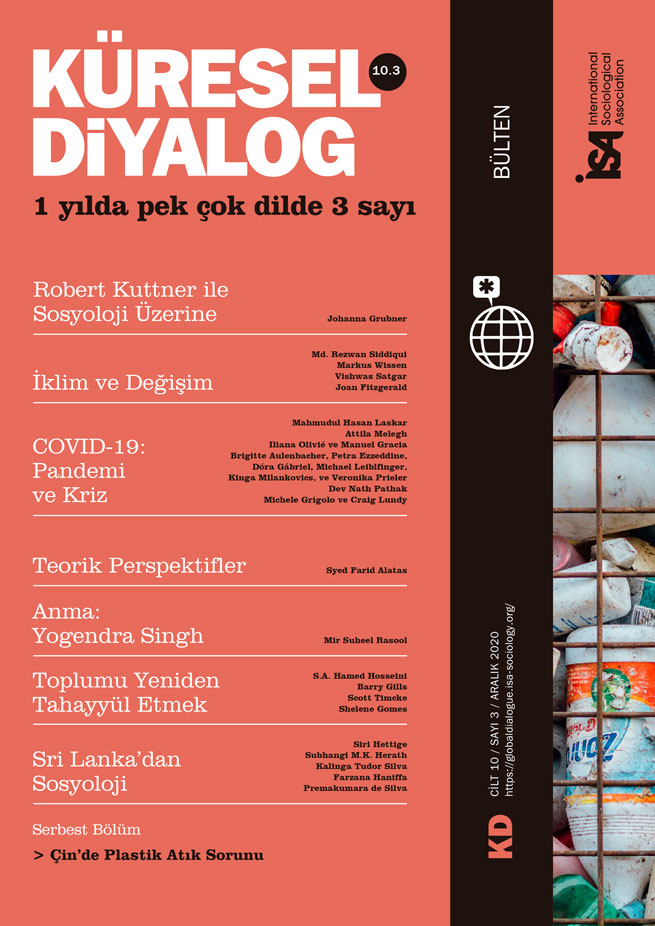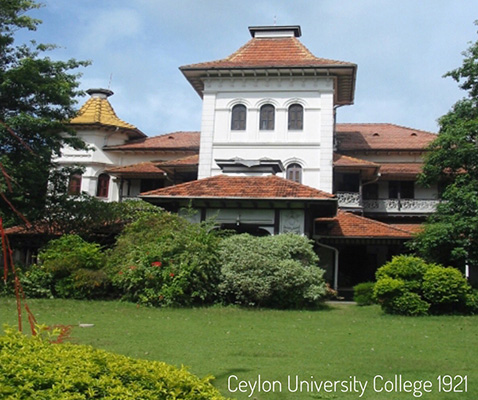As is well known, many non-western societies came under western colonial domination starting in the early sixteenth century. Sri Lanka, previously known as Ceylon, a small island in the Indian Ocean, was under the domination of three successive colonial powers - namely the Portuguese, the Dutch and the British - from 1505 until its independence from the British in 1948. The country underwent a process of wide-ranging transformation under colonialism, particularly during the 150 years of British rule. Among other things, the most relevant for this discussion is the change in its educational landscape, from a rudimentary school system dominated by religious institutions to a more diverse general education system. Yet, no system of modern university education was introduced almost until the end of colonial rule, making it necessary for native elite youth desirous of higher education to travel overseas for such education. So there were no opportunities for upwardly mobile natives to acquire university education locally in diverse fields including sociology, a subject already widely taught in many European and other universities.
The expansion of university education
Since university education was largely a postcolonial development, the teaching of sociology had to wait till the establishment of a local university in the 1940s. With the increasing demand for university education that followed, several new universities were established in the following decades. Yet, the teaching of sociology remained confined to the University of Peradeniya until 1969, when the second department of sociology was established in Colombo, after more than two decades following independence.
It is significant that, following the setting up of the University of Peradeniya, a department of sociology under a newly appointed Chair was set up there in the early 1950s. It was initially held by a sociologist from the United States, Professor Bryce Ryan. Since the medium of instruction was English, it was possible to use sociology texts available in English and widely used in western countries and elsewhere. Yet, the situation began to change within the next few years when significant postcolonial social changes followed. The democratic system of government that was established more than a decade prior to independence created opportunities for anti-colonial movements to articulate demands for decolonization and revival of native social and cultural institutions. The consequent change of medium of instruction from English to native languages in 1956, just eight years after independence, set in motion a process of social and cultural change with far-reaching consequences. The steady exodus of many members of Anglicized communities, including urban native elites, resulted in a significant brain drain from the country.
The conversion of two leading Buddhist monasteries in the suburbs of Colombo into two national universities in the mid-1950s led to a significant expansion of university education, beside other consequences. Facilitated by the expansion of the state sector since the 1950s owing to state-led development this trend continued in the next decades, with several more universities being established in different parts of the country, creating more opportunities for higher education and upward social mobility in a postcolonial society characterized by high levels of vertical and horizontal inequality. Given the prevailing low level of economic growth, this steady expansion of university education resulted in high levels of graduate unemployment.
An insular sociology
The transition from English to native languages, over time, deprived mostly monolingual students of the ability to use texts in English. Though certain institutional arrangements were made later to publish translations of key sociology texts into native languages, resources and other constraints prevented the continuation of this practice. Thus, most of the students were largely confined to lecture notes in local languages. In the next few decades, most of the students became increasingly alienated from original sociology texts widely used elsewhere. Yet, most of the sociology graduates found employment as diverse functionaries in state institutions irrespective of the quality of their training. While some academics continued to maintain contact with overseas universities by way of postgraduate training and exchange visits, others remained disconnected from international academic encounters such as participation in academic meetings or publishing their work in standard academic journals. The trends mentioned above have persisted over time to this day. The National Association of Sociology established in the 1980s under the leadership of Ralf Peiris, the first Ceylonese Professor of Sociology at the first university remains active but attracts a minority of academics from a few local universities. Moreover, very few Sri Lankan sociologists have been members of the International Sociological Association (ISA). The vast majority of sociologists remain unconnected to the ISA and national sociology associations even in the region. Yet, they remain active in teaching, carry out research on local issues and contribute to locally published journals, while graduates from local universities often find government employment.
What is evident from the above is that, in postcolonial Sri Lanka, the political economy of anti-colonial nationalism has facilitated the continuation of enclaves of teaching and research in sociology to a large degree independent of other academic communities elsewhere, be it in the Global North or in the rest of the Global South, in spite of a process of globalization of private education that has enabled many outside the public education system to find alternative education and career opportunities. It is this latter group, often coming from more resourceful backgrounds that remains connected to the process of circulation through private education circuits transcending national boundaries. Yet, most of the latter have tended to be in areas of STEM education, not so much in liberal arts including sociology.
The development of Sri Lankan sociology has been clearly shaped by the changes during and following colonial rule. This fits well with the academic discourses around sociology of knowledge contributed to by both classical as well as more recent social theorists, notably Karl Marx (1844), Max Weber (1947), Max Scheler (1960), Wilhelm Dilthey (1958), Karl Mannheim (1936), Norbert Elias (1956), Robert Merton (1957) and Peter Berger and Thomas Luckmann (1966), among others. The processes of production and dissemination of knowledge have been shaped by the evolving sociocultural context in the country over time. The present tenuous relationship between international sociology and Sri Lankan sociology is a reflection of the conditions under which sociologists in Sri Lanka carry out their work, in their particular sociocultural and institutional settings.
Siri Hettige, University of Colombo, Sri Lanka and member of ISA Research Committees on Sociology of Education (RC04), Poverty, Social Welfare and Social Policy (RC19), and Sociology of Youth (RC34) <hettigesiri@gmail.com>
